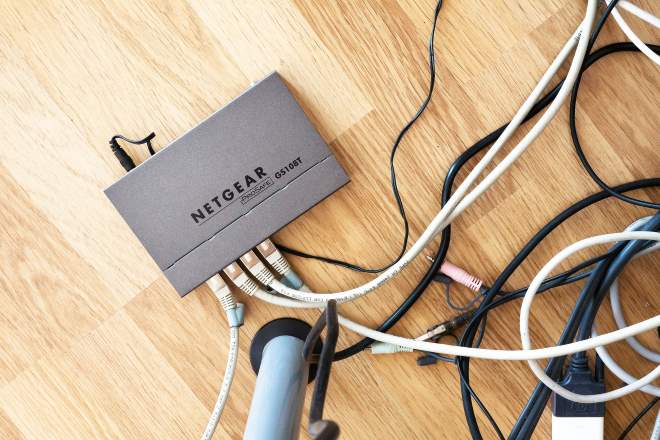Heat Pump Installation Costs in the UK for 2026
This article provides an overview of heat pump installation costs in the United Kingdom as of 2026. It covers typical price ranges, factors affecting installation expenses, and operational considerations to offer a comprehensive understanding of this heating technology within UK homes.

Typical Costs in United Kingdom (2026)
When considering heat pump installation in the United Kingdom, prices vary widely depending on the system type, property size, and installation complexity. Typical price ranges include:
- Basic option: Around £8,000 to £12,000 – this generally involves smaller air source heat pumps (ASHPs) for well-insulated, smaller homes.
- Standard option: Approximately £12,000 to £18,000 – includes mid-range ASHPs or small ground source heat pumps (GSHPs) fitted in medium-sized homes.
- Premium option: Typically £18,000 to £30,000+ – covers larger GSHPs or high-capacity systems suitable for larger or less energy-efficient properties, often requiring additional building modifications.
These figures usually include both the supply and installation of the heat pump unit but often exclude related works such as improvements to insulation or heating distribution systems.
Types of Heat Pumps
There are primarily two types of heat pumps used in residential settings in the UK:
Air Source Heat Pumps (ASHPs)
ASHPs extract heat from the outside air and transfer it indoors. They are generally less expensive and quicker to install compared to ground source systems but can be less efficient in extremely cold temperatures.
Ground Source Heat Pumps (GSHPs)
GSHPs utilise heat extracted from the ground via buried pipes. Installation is more complex, often involving excavation or drilling, which increases upfront costs. However, GSHPs can offer more consistent performance year-round.
Factors Influencing Installation Costs
Several factors contribute to the overall cost of heat pump installation:
-
Property Size and Layout: Larger properties or those with complex layouts may require larger or multiple heat pump units.
-
Existing Heating System: Replacing a gas boiler or electric heaters with a heat pump might require adjustments to existing piping, radiators, or underfloor heating systems.
-
Insulation and Building Fabric: Homes with insufficient insulation often need additional improvements to maximise heat pump efficiency, impacting total costs.
-
Site Conditions: For GSHPs, the soil type, available garden space, and ground composition affect installation complexity and cost.
-
System Type: The choice between ASHP and GSHP significantly influences price due to equipment and installation complexity.
-
Installation Complexity: Access to the property, distance to heat emitters, and integration with existing controls can affect labour time and costs.
Installation Process and Timeframe
Heat pump installation involves several stages:
-
Assessment and Design: A survey assesses heating requirements, property insulation, and feasibility.
-
Installation: For ASHPs, installation typically takes a few days; GSHPs may require several weeks depending on ground works.
-
Testing and Commissioning: Post-installation, systems are tested to confirm performance.
Installation timeframes can vary due to weather conditions, site access, and any unforeseen challenges.
Operational Costs and Energy Efficiency
Heat pumps use electricity to transfer heat and typically exhibit higher efficiency than conventional electric heating. Operating costs depend on electricity prices, heat pump efficiency (Coefficient of Performance or COP), and the level of property insulation.
In the UK, electricity costs and the carbon intensity of the grid also affect environmental impact and running expenses. Heat pump performance is generally improved with well-insulated properties and appropriately sized emitters such as low-temperature radiators or underfloor heating.
Considerations for Heat Pump Suitability
Not all properties are equally suitable for heat pumps. Consider the following:
-
Property Age and Insulation: Older homes with poor insulation may require upgrades to achieve effective heating.
-
Space Availability: GSHPs need sufficient outdoor space for ground loops; ASHPs require space for the external unit.
-
Existing Heating Infrastructure: Compatibility with current radiators or need for underfloor heating can influence suitability.
-
Local Climate: UK climate is generally favourable, but colder areas may necessitate specific system specifications.
Environmental and Regulatory Context
Heat pumps are recognised for reducing carbon emissions compared to fossil fuel heating. The UK government policies have encouraged the transition to low-carbon heating, influencing adoption rates.
Building regulations and planning permission requirements should be reviewed prior to installation, particularly for ground source systems or listed buildings.
Maintenance and Lifespan
Heat pumps require regular maintenance, including checks on refrigerant levels, filters, and system controls. Typical lifespan ranges from 15 to 25 years depending on system type, usage, and maintenance.
Routine servicing helps maintain efficiency and identify any issues early.
Summary
Heat pump installation in the UK in 2026 involves a range of costs and considerations influenced by property characteristics, system type, and installation requirements. While upfront costs can be significant, they reflect the complexity and scale of the installation required. An understanding of these factors can assist homeowners, landlords, and professionals in making informed decisions regarding heat pump installation and operation.




